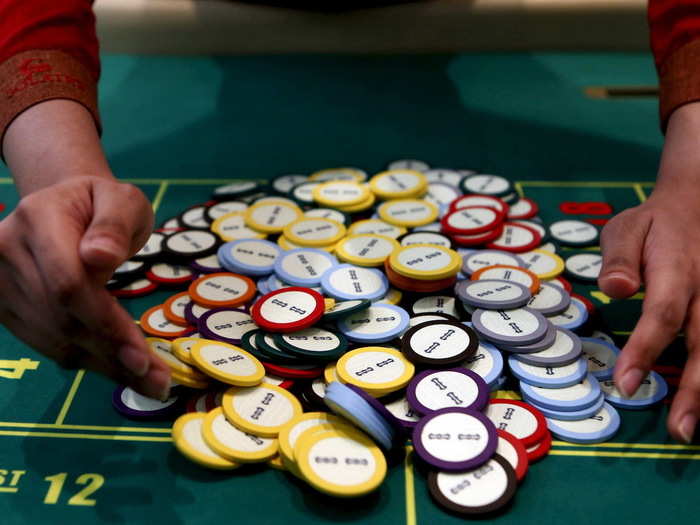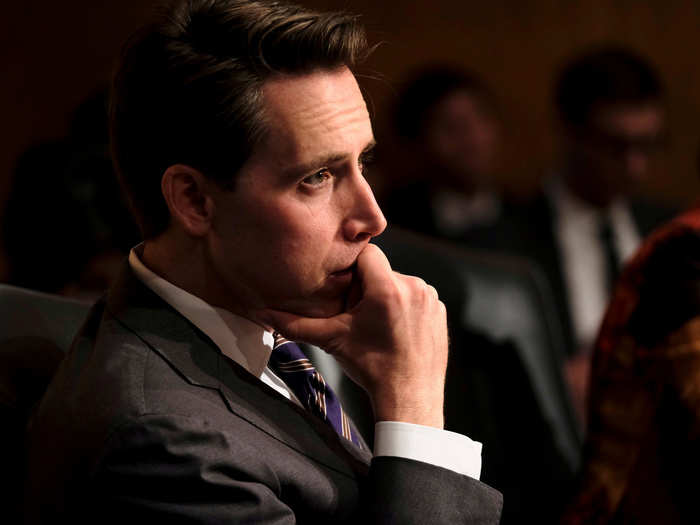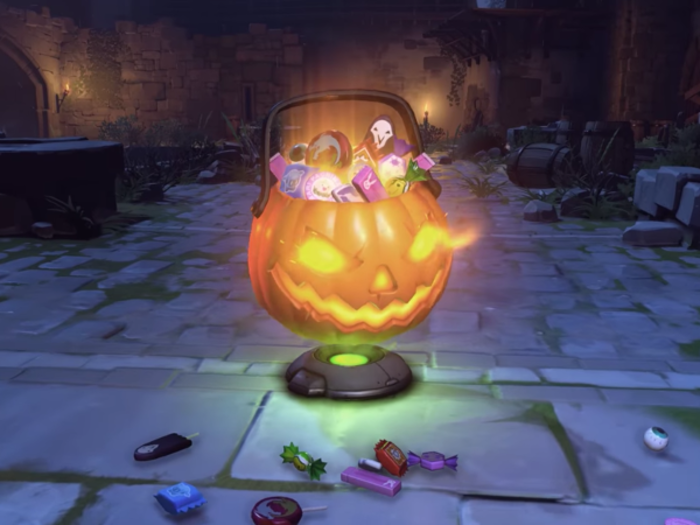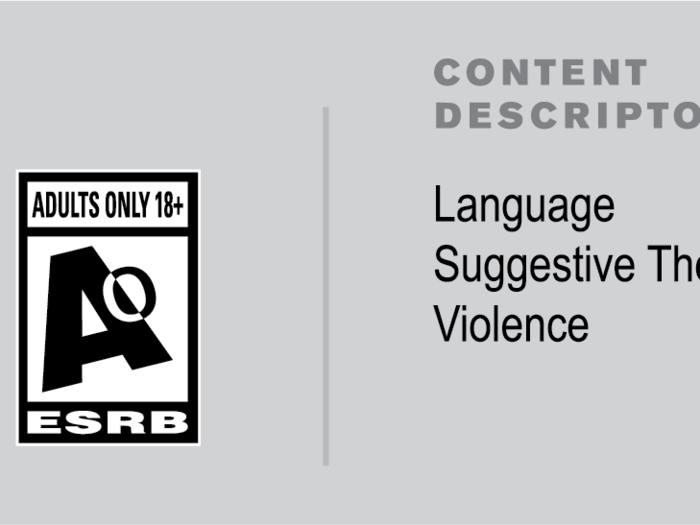- Home
- slideshows
- miscellaneous
- The video game industry is facing government scrutiny over loot boxes, and the most powerful leaders in gaming are divided over what to do
The video game industry is facing government scrutiny over loot boxes, and the most powerful leaders in gaming are divided over what to do
Are loot boxes gambling? Yes and no.

As you might imagine, the video game industry doesn't believe loot boxes are gambling — or at least it doesn't want that to be the perception.

Take-Two Interactive is one of the most powerful game publishers in the business. It owns Rockstar Games, makers of "Grand Theft Auto," and 2K Games, makers of "NBA 2K," among others.
Take-Two Interactive CEO Strauss Zelnick is on the board of the Entertainment Software Association, the video game industry's representative political body, and he's been in the video game business for decades.
And he has strong feelings about loot boxes being characterized as a gambling mechanic. "Gambling is quite different," Zelnick said during an interview with Business Insider last week in Los Angeles, during the annual video game trade show E3.
"The money comes in for entertainment and doesn't go back out. What makes gambling a very serious mechanic is the fact that money can come in and out," he said.
It's this distinction that is often used to delineate between traditional Las Vegas-style gambling, where players "cash out," versus the concept of gambling.
The ESA, in a statement attributed to CEO Stanley Pierre-Louis, pointed to the precedent set by "multiple countries" that "have examined and dismissed the idea that loot boxes are gambling."
Regardless of the gambling debate, at least one US senator is proposing legislation to regulate loot boxes in games.

Republican Senator Josh Hawley announced in May that he's creating a bill to effectively ban loot boxes.
"Video game companies are using 'pay-to-win' and 'loot box' systems to addict children to their games and spend their parents money," Hawley wrote on Twitter last month. "The industry needs to be upfront about their role in America's growing addiction economy & stop practices that exploit kids."
Hawley isn't the only one to propose such legislation — a state politician in Hawaii proposed similar legislation back in late 2017.
The legislative rumblings around loot boxes are reminiscent of the video game industry's struggles in the early '90s with violent content. That controversy — largely an argument over how offensive "Mortal Kombat" was to some audiences — eventually resulted in the formation of the Entertainment Software Ratings Bureau (ESRB), which provides the rating system used in the United States ("E" for everyone, etc.).
Will lawmakers regulate loot boxes, or will the game industry handle the issue itself? That's the big question.

The game industry isn't interested in policing the use of loot boxes, but it might have to if the US government passes legislation regulating loot boxes.
"We comply with the law, we'll comply with the law here," Zelnick said.
But another ESA board member, Xbox leader Phil Spencer, is hoping to preclude legislation with an education effort aimed at legislators.
"As I look at some of the legislation, I think we have a lot of education to do in certain places," Spencer told Business Insider in an interview last week in Los Angeles.
"When I sit down with people — and I don't mean this in a bad way — who maybe aren't in the industry, and are painting with a broad brush with what I think is kind of a specific term?" Spencer asked rhetorically. "I think we should educate our customers on what is in a game, and how the monetization in that game works."
Spencer also offered a potential solution: The same rating body that was created back in the 1990s because of violent games, the ESRB.
One potential solution: Changing the way game ratings work.

There is already one form of self-imposed regulation in the video game industry: The rating system, through the ESRB.
If a game is rated M for Mature, game stores aren't supposed to sell that game to anyone under 17. If a game store does sell a game rated Mature to someone under 17, there is no federal penalty, no government body to punish them. But, for the most part, game stores adhere to the policy — the game industry rating system is widely regarded as the gold standard for entertainment rating systems in terms of efficacy.
This rating system could also be used to warn potential buyers about loot box mechanics in a game.
"We can continue to expand our ESRB definitions," Spencer said. "There are monetization descriptions that happen in the ESRB."
Zelnick had a similar outlook, albeit one that took consumer concerns up front over the potential legislative imposition from Senator Hawley.
"If our consumers indicated that they really need to know what kind of mechanics exist before they buy a game, then it would be appropriate for the ESRB to establish those kind of criteria," he said. "But I don't think that that's the case."
Moreover, Zelnick doesn't believe that any such legislation will pass.
"The US government is not going to regulate what monetization mechanics exist inside a video game," he said. "That's just not gonna happen. That would just be horrible law in a country that has the First Amendment. So I don't believe that will happen."
Popular Right Now
Popular Keywords
Advertisement